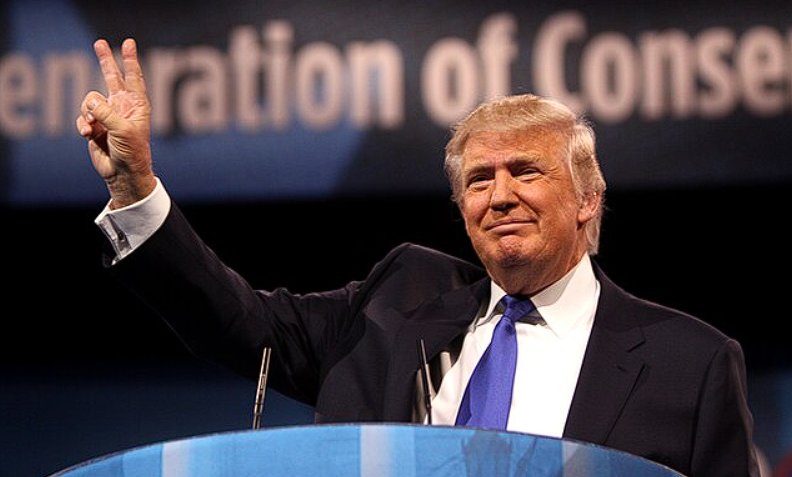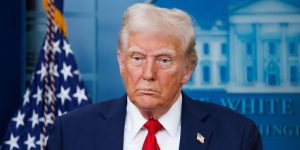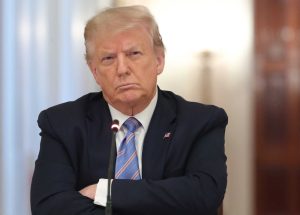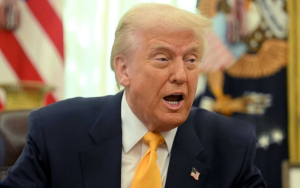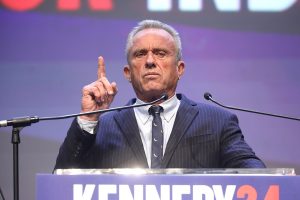Trump has often criticized the military’s top brass, calling them “woke” and “ineffective.”
Others are reading now
Pentagon officials are considering how to handle potential controversial orders when Donald Trump returns to the White House.
Previous Conflicts
Defense leaders are informally discussing possible responses to Trump directives that could include using the military for domestic law enforcement or targeting civilian employees seen as disloyal.
This concern stems from Trump’s previous conflicts with military leaders, especially former Joint Chiefs of Staff Chairman Mark Milley. Milley took steps to limit Trump’s authority on certain military decisions, including nuclear command.
Trump has often criticized the military’s top brass, calling them “woke” and “ineffective.” To avoid a repeat of these clashes, defense officials are preparing for scenarios they describe as a “worst-case” situation, according to Ziare.
Also read
Pentagon leaders are particularly focused on what they would do if Trump issued an illegal order.
By law, troops cannot follow illegal directives, but officials are discussing the potential fallout if such orders were issued, including whether high-ranking officers might resign rather than comply.
Reviewing Employees
Another source of worry is Trump’s intent to possibly reinstate “Schedule F.”
This executive order, issued in 2020, would have reclassified many career federal employees, making them easier to fire. Although Schedule F was blocked from full implementation, officials are concerned that Trump might try to bring it back to clear out workers he considers disloyal.
The Pentagon has already started reviewing which employees could be impacted if this policy returns.
Trump has also suggested he could use the Insurrection Act, which grants the president power to deploy troops domestically under certain conditions. This would allow Trump to mobilize the military for law enforcement, bypassing the Posse Comitatus Act, which normally restricts military action within U.S. borders.
Both Defense Secretary Lloyd Austin and Secretary of State Antony Blinken have reassured staff that only lawful orders will be followed. Austin emphasized the military’s role in defending the U.S. Constitution, adding that they must stay neutral despite political pressures.

